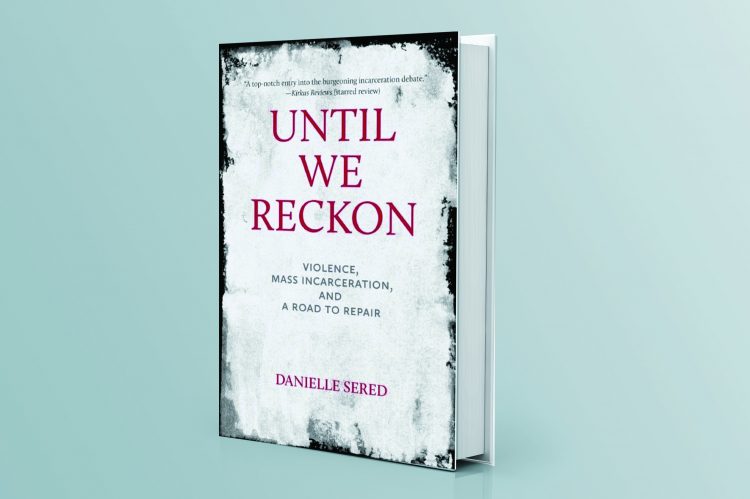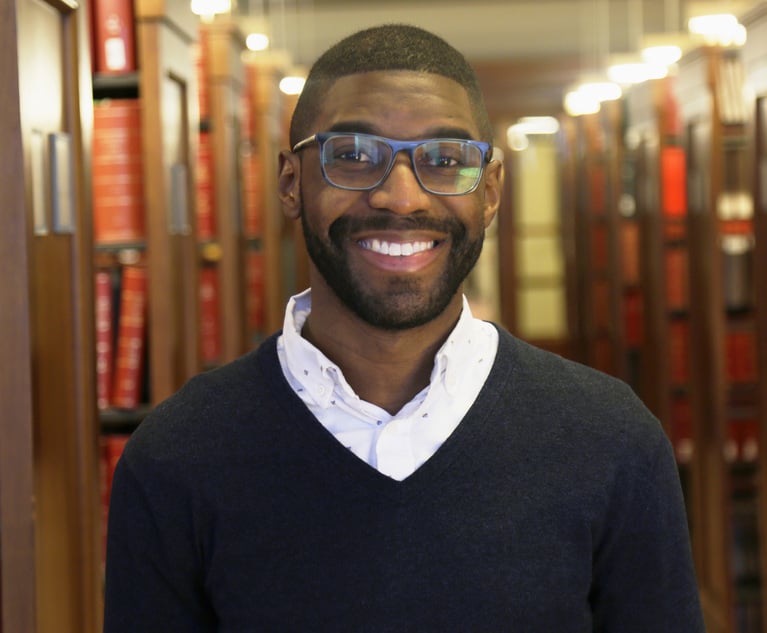 Danielle Sered’s new book, “Until We Reckon,” is a must-read for anyone who works in the criminal courts, the many who care about making our streets and communities safer and all those who espouse concern for the simple concept of justice. The author writes as both a scholar (as in Rhodes) and doer, with her pioneering Common Justice program that creates an arena for bringing together the victims of violent crime with their assailants. She operates on the simple premise that the underpinnings believed to justify mandatory imprisonment for violent behavior are provably flawed. Broad-scale imprisonment has not made communities safer, nor given victims a lasting sense of security or, indeed, satisfaction.
Danielle Sered’s new book, “Until We Reckon,” is a must-read for anyone who works in the criminal courts, the many who care about making our streets and communities safer and all those who espouse concern for the simple concept of justice. The author writes as both a scholar (as in Rhodes) and doer, with her pioneering Common Justice program that creates an arena for bringing together the victims of violent crime with their assailants. She operates on the simple premise that the underpinnings believed to justify mandatory imprisonment for violent behavior are provably flawed. Broad-scale imprisonment has not made communities safer, nor given victims a lasting sense of security or, indeed, satisfaction.
Engrossingly written, Sered points out that treating violence solely as an individual’s pathology misses the mark, that that analysis importantly ignores the social context in which such crimes occur. Shame, lack of opportunity, poverty and simple inequity are most often the main drivers of this criminal violence. Indeed, broad policies that perpetuate substandard housing, inadequate education and devastation to entire families entirely innocent of wrongdoing are the fuel motoring our present “lock ‘em up” system. With each incarceration, a caregiver to spouse and parents is lost, and an income provider as well. The lives of the assailant’s children are invariably, and adversely, affected, with the periodic visit to daddy in prison-a tenuous connection at best.






